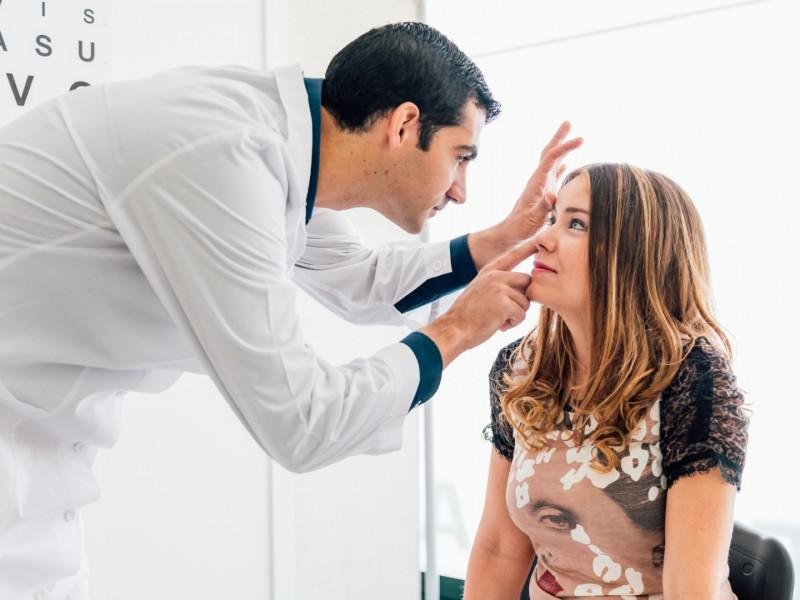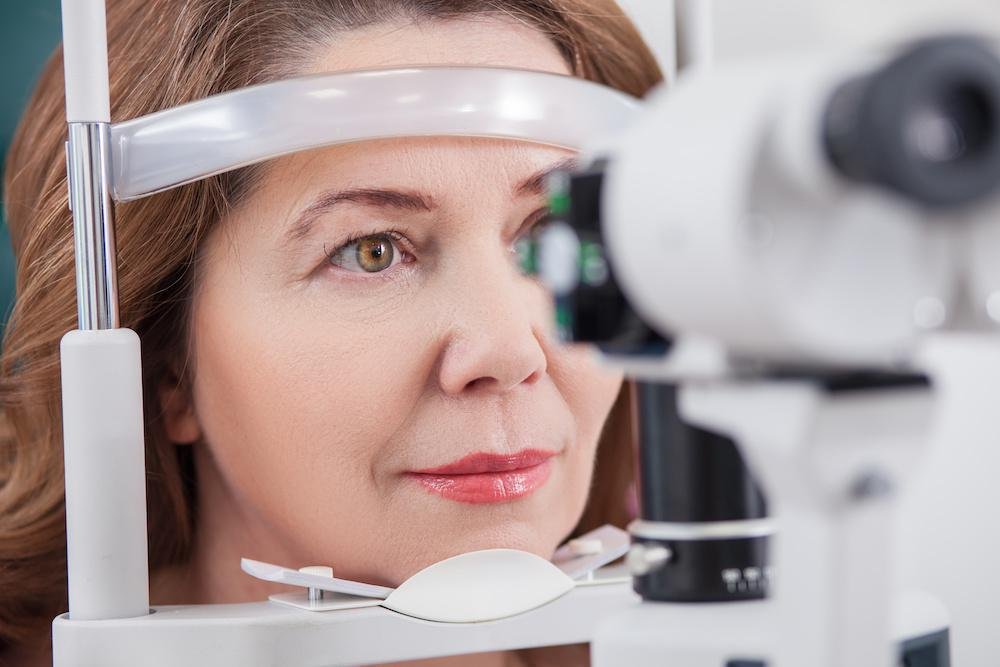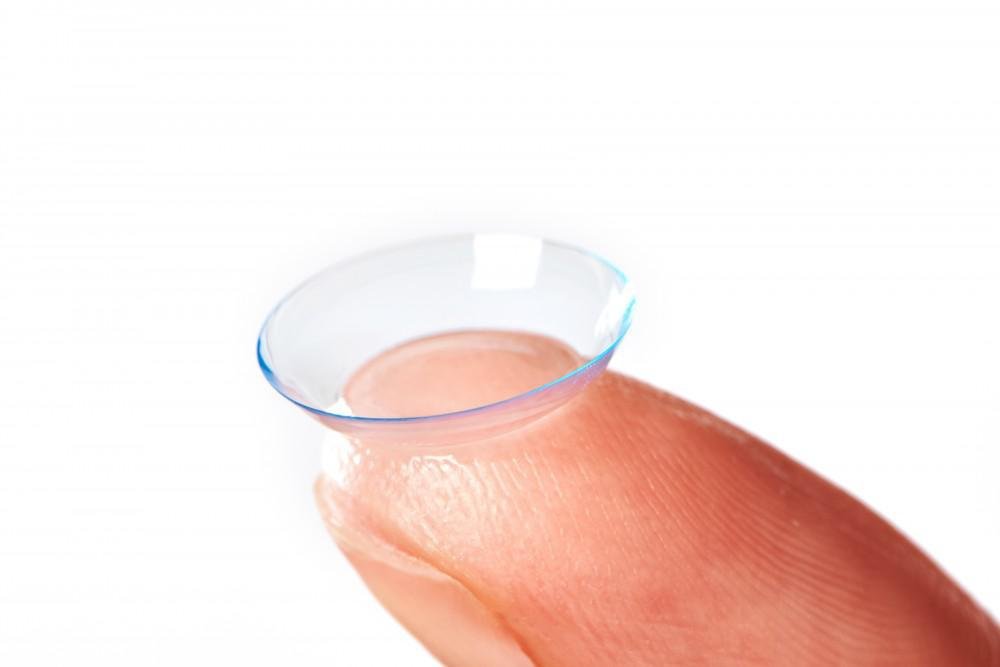Cataracts, Macular Degeneration, and Glaucoma are three of the most common vision conditions that develop as we get older. Upwards of three million people have glaucoma here in the United States, while more than two million were being affected by age-related Macular Degeneration in 2010. When it comes to cataracts, almost half of all people over the age of 75 will have them.There are ways to prevent these eye health conditions from affecting you, however, so today we would like to share some helpful tips and steps you can take to keep your eyes safe.
Cataracts
- These are caused by an excess of protein building up on the lens of your eye. Your vision will become clouded and many normal activities will become very difficult to perform.
- A simple change in your diet can make quite a difference here, though, so whether you already have cataracts or want to prevent them, a diet high in antioxidants can be beneficial. These antioxidants attack free radicals (unstable, damaging atoms) in your body, preventing cell damage. A few foods that are high in antioxidants are berries, beans, russet potatoes, artichokes, and pomegranates, for example.
- The right eye protection can also reduce your risk of developing cataracts. Excessive sun exposure has been linked to this eye health issue, so sunglasses can be an easy way to protect your eyes from this kind of damage. Even on a cloudy day, you are exposed to UV light, so you will want to wear sunglasses that are designed to block out UV A, UV B, and UV C light, too.
Age-related Macular Degeneration (AMD)
- This is the only vision condition that no one can escape as they age. Macula will naturally degenerate over time, no matter what, but there are some things you can do to help slow that process down. As AMD progresses, vision becomes distorted, and in the later stages, images will worsen and may be dark, cloudy, or spotted.
- Giving your eyes the proper vitamins and nutrients, as well as eating the right foods can slow this disease down, too. Choosing those foods that contain natural anti-inflammatory properties will have the biggest impact, and you can also add a naturally anti-inflammatory herbal tea to your daily regimen, or perhaps coconut water.
- Foods to avoid are alcohol and caffeine, while processed and pre-packaged foods are known to increase inflammation. Limiting your added sugar intake will also be beneficial.
Glaucoma
- According to studies, this eye health condition is the leading cause of blindness around the world. The intraocular pressure in your eyes can damage them beyond repair through irreparable cell damage and is caused by the inability of the eye to drain fluid out quickly enough.
- The best way to guard against glaucoma is to establish a diet rich in carotenoids. These are what gives vegetables their colors, and they help to make it easier for our eyes to absorb that all-important vitamin for the eye: vitamin A. Foods that are high in carotenoids will help to regulate the pressure in your eye and drain out the fluid, so eat plenty of carrots, sweet bell peppers, tomatoes, sweet potatoes, and dark, leafy greens!
- If you are already affected by glaucoma, frankincense oil may be of some help. Place a few drops around your eyes to improve circulation, and massage it in – but be very careful not to get it in your eye.
Dealing with any eye health condition can be scary and intimidating, and here at Classic Vision Care, we know how that feels. It’s why we do what we do! If you are suffering from any of these eye issues or if you have questions and concerns about other eye-related conditions, call us today! We are here to help.
You Might Also Enjoy…
Are Glasses Better than Contacts?
Trying to decide between wearing eyeglasses or contact lenses? Consider all the factors, including comfort, ease, and appearance. We’ve compiled a list of pros and cons to help you see your way through this significant decision.
Why Sunglasses are Important All Year Long
No doubt you always have your favorite shades close by all summer. But sunglasses protect your eyes all year long, even during darker winter months. Learn how they shield your eyes from harmful ultraviolet (UV) rays any time of year.
How Astigmatism Affects Your Vision
Astigmatism causes a variety of symptoms ranging from blurred vision to eye discomfort and pressure. Understand how a comprehensive eye exam can pinpoint the cause of your symptoms and get your sight back on track.
Who Is at Risk for Glaucoma?
Could you be at risk for glaucoma? The short answer is that everyone, especially seniors, is at risk for glaucoma. Learn how to lessen your odds of losing your sight through early detection and treatment.
5 Steps to Prevent Diabetic Eye Disease
People with diabetes are more vulnerable to certain eye diseases, such as glaucoma, cataracts, and diabetic retinopathy. Learn what steps you can take to slow their progression and potentially avoid them in the first place.
Am I a Candidate for Contact Lenses?
If you need vision correction, contact lenses are a popular option. If you’re simply tired of your glasses or just looking to see the world more clearly, discover whether contact lenses may be the perfect fit for you.







